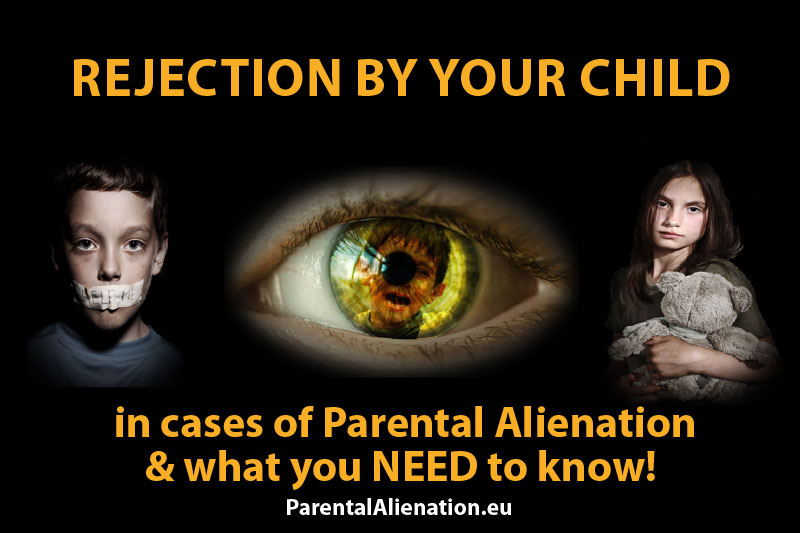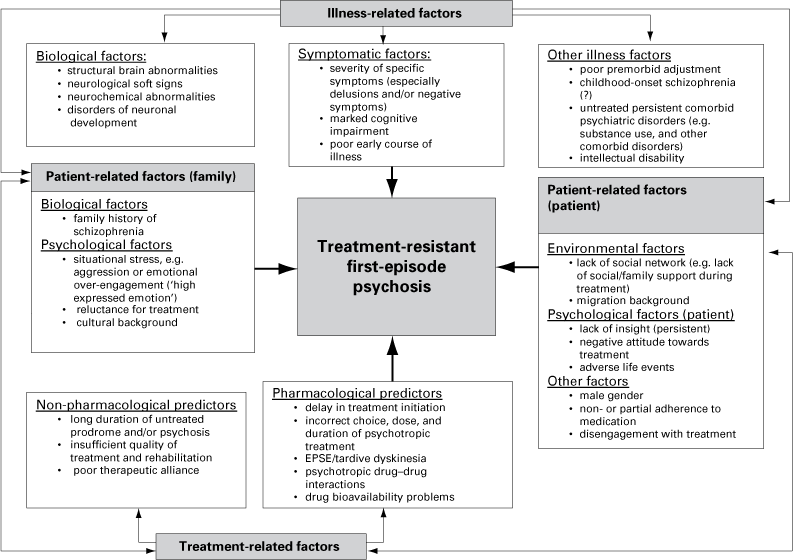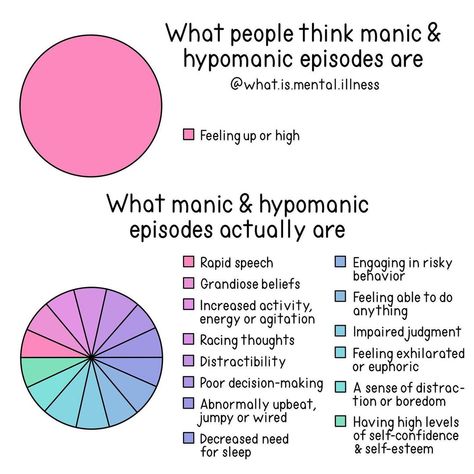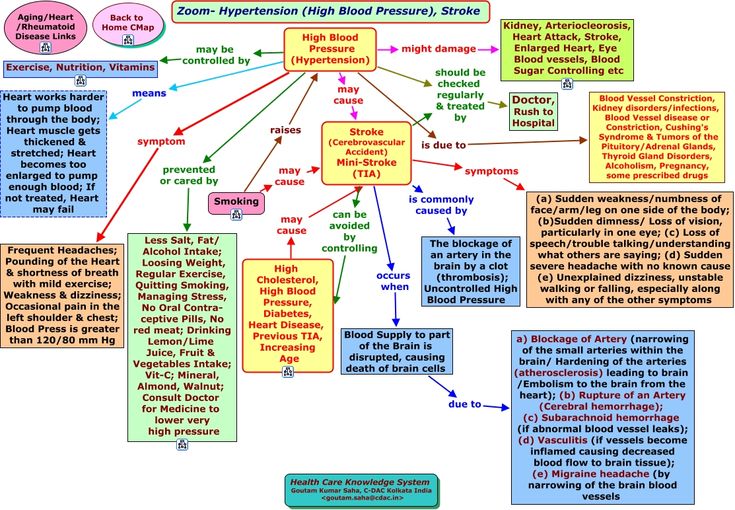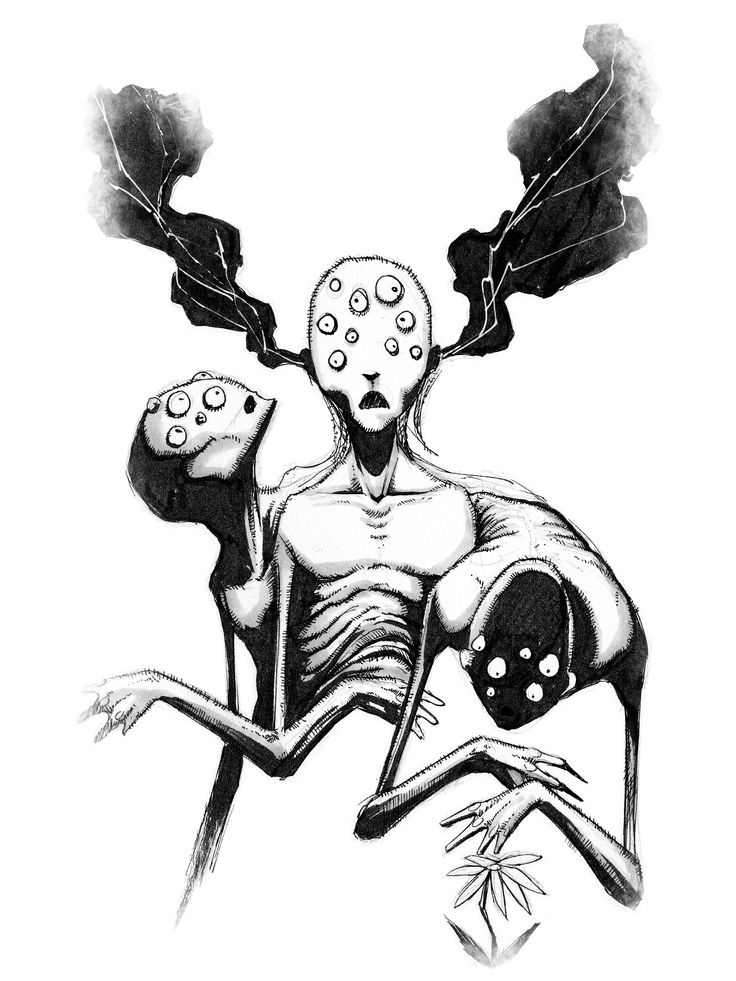Childhood rejection consequences
54 Possible Challenges in Adulthood
If you’ve experienced persistent rejection in childhood, you may now fear emotional intimacy, have low self-esteem, or deal with anxiety symptoms. These effects can shape your adult relationships.
Children don’t often have the perspective and maturity to understand that rejection may have nothing to do with them and everything to do with the adult.
Parental rejection may show in physical distancing — the absence of hugs, kisses, hand-holding, or supportive gestures. It can also be emotional — a lack of comforting, encouragement, sympathy, empathy, or emotional availability.
The effects of rejection in childhood may manifest in the short and long run and can affect your personality development. They can lead to both physical and emotional pain.
If they’re not addressed, these effects might impact your mental health. But it’s possible to manage them and heal from an unloving childhood.
“Children are extremely self-centered — not by choice; by the mere fact that they have no perspective,” explains Julia Samton, a board certified psychiatrist and neurologist in New York City. “Without any substantial life experience, they interpret any rejection as their fault.”
This self-blame can have immediate and long-term impacts.
Immediately, both physical and emotional rejection hurt emotionally. Samton explains this can lead to:
- emotional pain
- rejection or negative emotion sensitivity
- mental exhaustion
- sadness
- confusion
- feeling lonely
- becoming withdrawn
- declining academic performance
- acting out
In some children, rejection can also lead to attention-seeking behaviors.
Over time, Samton notes that constant rejection may cause more specific challenges.
Physical rejection, like pushing a child away when they come in for a hug, may lead to:
- self-isolation
- depression
- self-reliance
- guarded interactions
- rejection of physical affection from others
- angry outbursts
Emotional rejection, like being persistently humiliated and criticized, may lead a child to experience:
- emotional repression (low ability to express how they feel)
- disdain of signs of vulnerability in others
- unkind treatment toward other children showing emotionality
- symptoms of childhood depression
- sense of loneliness
- people-pleasing behaviors
- emotional avoidance
- low self-esteem
- symptoms of childhood anxiety
- difficulty regulating emotions
- attention-seeking behaviors (adequate or otherwise)
- learned helplessness
- avoidant coping behaviors (substance use, compulsive video game playing, or television watching)
- insecure attachment style
The effects of physical and emotional rejection during childhood are often overlapping. While physical rejection may lead to certain behaviors regarding physical engagement, it may also have an emotional impact.
While physical rejection may lead to certain behaviors regarding physical engagement, it may also have an emotional impact.
Rejected child syndrome
Rejected child syndrome isn’t a formal diagnosis. It’s a term used to describe situations where children perceive extreme rejection. They may sense their parents dislike them, don’t want them, or wish they weren’t a part of their lives.
As an adult, the effects of rejection in childhood are often explained by attachment theory, which suggests your first relationship experiences in childhood have a direct effect on your adult bonds.
“Rejected children often grow up to experience difficult self-relationships, including self-doubt, self-neglect, self-sabotage, and self-hate,” says Stephani Jahn, PhD, a licensed mental health counselor in Earleton, Florida. “They can maintain a sense of unworthiness, which can hinder them in relationships, school, work, and even leisure.”
Attachment style theory refers to these effects as an insecure attachment, which can be either avoidant or anxious.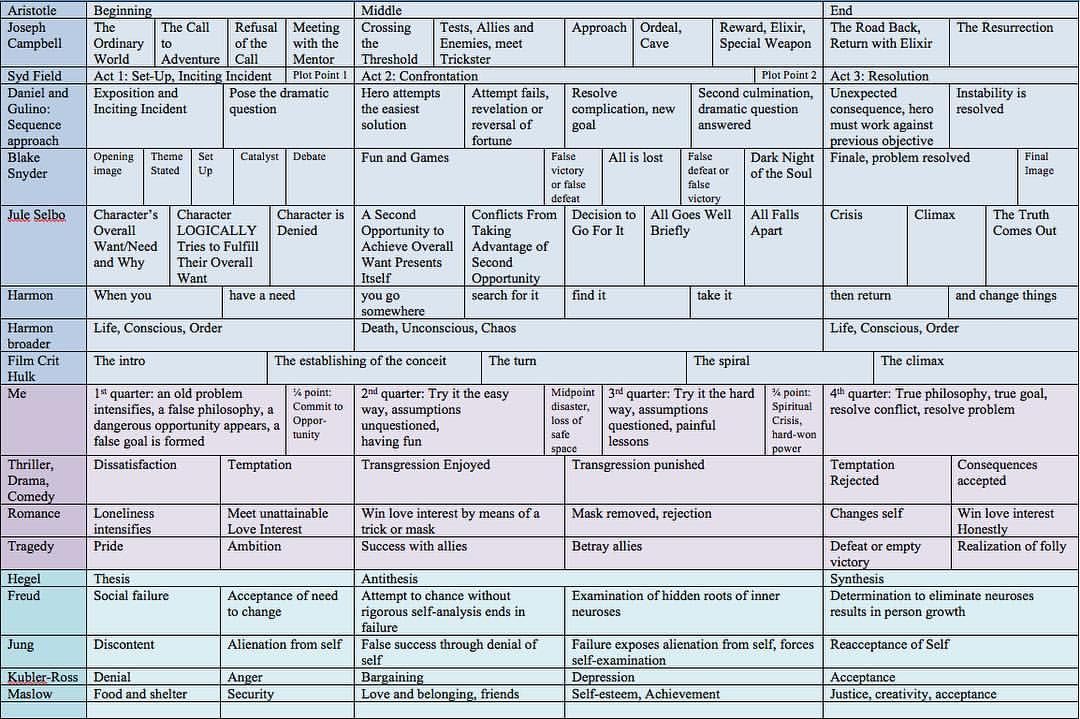
Avoidant attachment style may manifest in adults as:
- fear of commitment
- fear of intimacy
- strong sense of independence
- emotional unavailability
- tendency to emotionally abandon others
- dismissal of other people’s emotions
- difficulty trusting others
- the belief that being alone is better than having a stable partner or family
An anxious attachment style may manifest as:
- jealousy
- difficulty being alone
- “needy” behaviors
- fear of being abandoned
- need for constant physical and emotional reassurance
- feeling criticized by others when it’s not the case
Jahn explains rejection in childhood may also manifest in adulthood as:
- poor interpretation of social cues
- social inhibition
- poor communication skills
- tendency to experience interpersonal conflict
- reverting to a child mindset during moments of stress
- rejection sensitivity
Physical challenges of childhood rejection
Adults who experience physical rejection as children may have a difficult time expressing themselves physically. They may seem uncomfortable with physical touch or act angry or annoyed when someone is physically expressive with them.
They may seem uncomfortable with physical touch or act angry or annoyed when someone is physically expressive with them.
Other challenges may involve:
- reluctance to hug, kiss, or hold hands
- aversion to public displays of affection
- annoyance or anger toward any unrequested physical touch
- sexual dysfunction
- avoidance of situations involving physical connection
Childhood rejection and loneliness
The effects of rejection in childhood are multifaceted, but they often lead to one significant outcome: a sense of loneliness.
A cross-cultural comparative study of more than 800 adults found maternal and paternal rejection during childhood was linked to a variety of negative effects related to mood, behavior, and cognition.
According to the authors, those maladaptive challenges ultimately culminated in a persistent experience of loneliness during adulthood.
Jahn says it is possible to heal from rejection in childhood.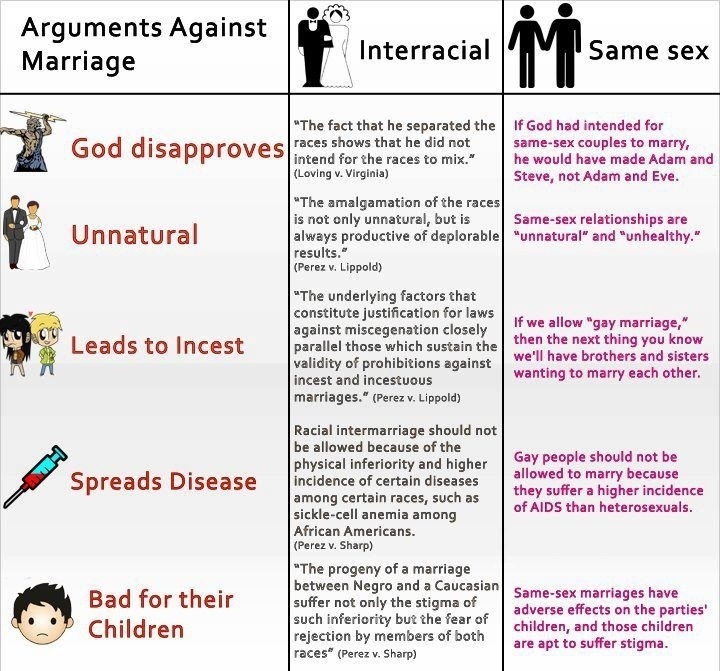 Here are a few ways you could start working on overcoming the effects of your early experiences:
Here are a few ways you could start working on overcoming the effects of your early experiences:
Self-reparenting
“Show your inner child the acceptance and love they crave by becoming the caregiver you needed,” encourages Jahn.
Self-reparenting involves using positive self-talk to provide nurturing to yourself as an adult. The first step is to identify what you feel you missed as a child. What are those emotional and physical needs your guardians didn’t fulfill that you may need to fulfill yourself now?
If you didn’t get praise, reassurance, and tender care as a child, for example, you can try telling yourself:
- how brave you are for trying something out
- you’re doing the best you can, and that’s enough
- you’re loved
Recognizing acceptance
Sharing something about yourself with someone you trust can help you learn to recognize the feeling of acceptance.
“This might start out as small things like just telling someone you were thinking of them, and might progress to inviting someone to spend more time together,” says Jahn.
Identifying rejection habits
Learning to identify your negative inner dialogue that may resemble rejection you experienced as a child can help your brain re-label it as untrue, says Jahn.
She recommends using a journal to help raise your awareness of this negative self-talk. Anytime you notice rejection-oriented thoughts, you can write them down and ask yourself where they may be coming from. Try to come up with a counterargument for each negative thought.
Cultivating loving relationships
Building relationships with people you find admirable, caring, trustworthy, and empathetic may help you overcome some of the effects of rejection in childhood.
“Seeking out loving relationships can be reparative by replacing the love and affection [you] did not receive as a youngster,” says Samton.
Whether intentional or not, the effects of rejection in childhood may include fear of intimacy, distrust, anxiety and depression, and people-pleasing behaviors.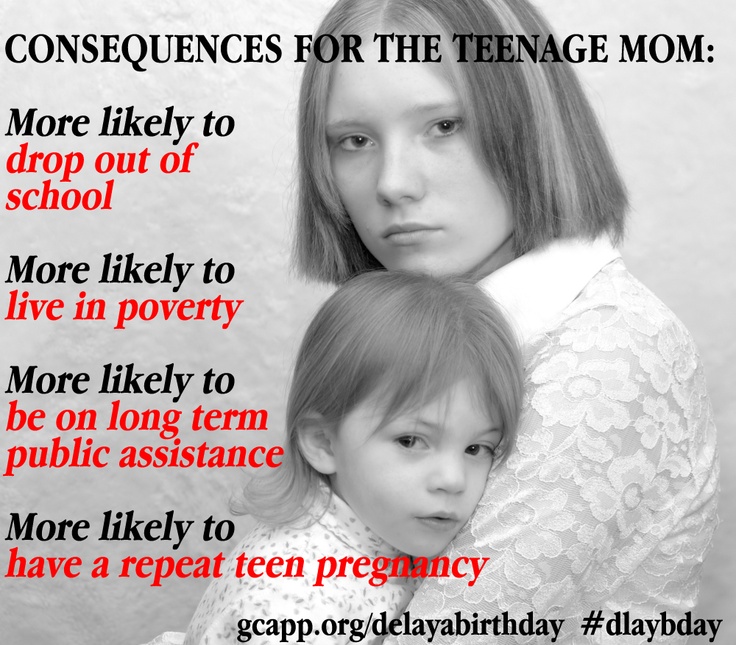
Feelings of confusion and emotional pain from rejection may lead to attachment challenges, ineffective coping mechanisms, or an overall sense of loneliness.
While you can heal from rejection in childhood by creating new, nurturing experiences, a mental health professional can be a valuable resource for working through the more challenging effects of rejection. Healing is possible, and support is available.
7 Subtle Signs You’re Suffering From Childhood Rejection As An Adult
Life
by Kristine Fellizar
Ashley Batz/Bustle
Childhood may seem like forever ago. But the things you experienced as a child can greatly affect how you are as an adult today, whether you're aware of it or not. For instance, nobody likes rejection. When you experienced a major rejection from your parents or your peers as a child, experts say, it may show later on.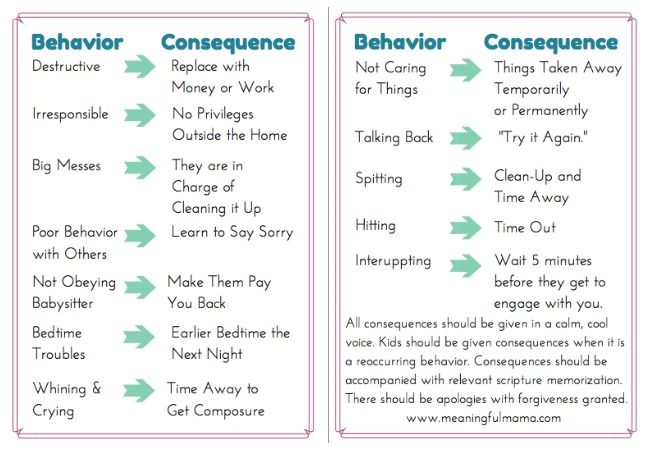
According to Nicole Richardson, LPC-S, LMFT, "rejected child syndrome," like middle child syndrome and codependence are real things that people experience but are not diagnoses found in the American Psychiatric Association's Diagnostic and Statistical Manual of Mental Disorders. "All three terms can imply many things as there is not one agreed upon definition," she says. "A rejected child can refer to a couple of different things; a child being rejected by their parents or by their peers."
When you've experienced a hard rejection in your past, you may start to believe on some deep level that you are unloveable or unworthy. This is what cognitive therapists call a "core belief," psychotherapist Erin Brandel Dykhuizen, tells Bustle. "Often when we have experienced a lot of rejection in childhood, we develop beliefs about not being worthy of love as a way to make sense of the fact that our parents, for example, who should have accepted us and shown us love, did not do so," Dykhuizen says.
More often than not, people aren't consciously aware that they have these beliefs. But if you take a close look at your behavior, your thoughts, and your patterns in relationships, you may be able to trace those back to childhood. So here are some subtle signs that childhood rejection is affecting you as an adult, according to experts.
1
You Easily Make Negative Assumptions About What Others Are Thinking
Ashley Batz/Bustle
"Automatic thoughts can provide a lot of information about our beliefs about ourselves that stem from childhood," Dykhuizen says. These are the things we immediately say to ourselves about ourselves and the world. For instance, if you meet someone new for the first time and you immediately question why they would even bother getting to know you, that's an automatic thought. If you have negative assumptions about what people think of you or what their motivations are, your childhood rejection may be affecting you, and if it becomes an issue it may be time to talk to a professional.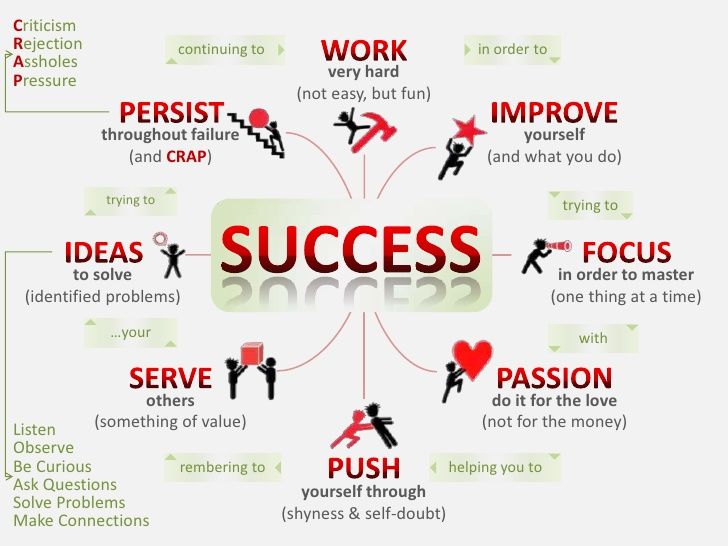
2
You're Wary About Letting People In
Ashley Batz/Bustle
Avoidance is another sign that childhood rejection may be affecting you. For instance, you may find yourself turning down invitations to go out with someone who's interested or have a hard time letting people get close to you, even people you consider friends. "You may be operating under the subconscious belief that if people don't know you well enough, they won't find out how 'unloveable' you are," Dykhuizen says. "Avoiding close relationships can be a way you protect yourself from further rejection."
3
You Find Compromising Difficult
Andrew Zaeh for Bustle
If you faced rejection as a child, you may feel like you can't ever truly be yourself. Because of that, therapist Amy Bishop, M.S. tells Bustle, you may have learned to rely on yourself more than others. You may focus less on what other’s think, making necessary adult skills such as compromise much more difficult, she says.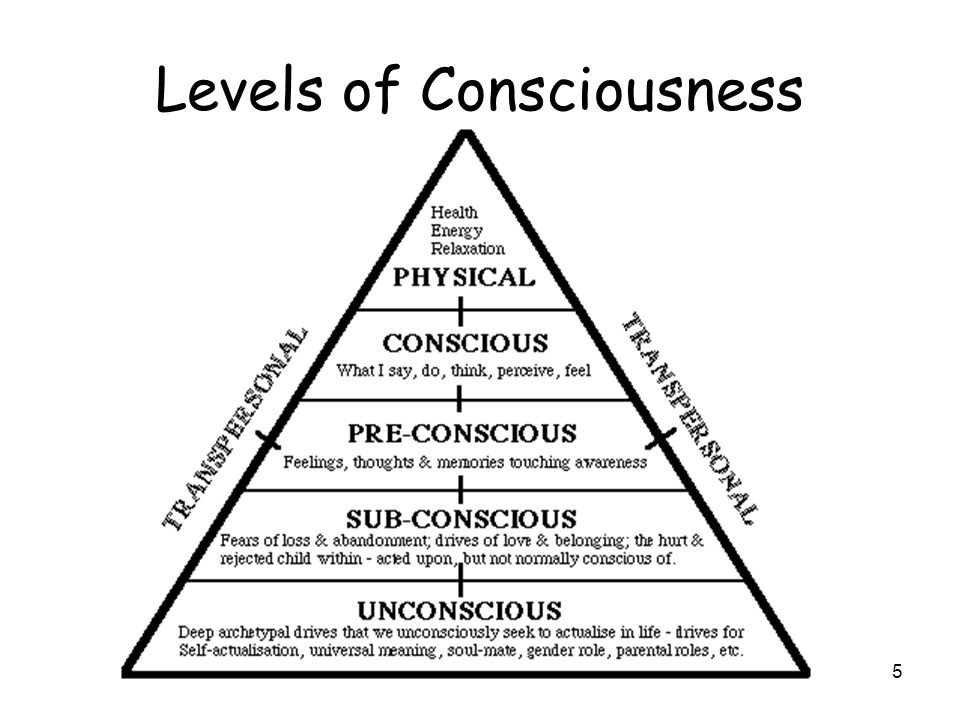
4
You're A People-Pleaser
Andrew Zaeh for Bustle
"Often our coping skills earlier in life are similar to ones we use later in life," Bishop says. "If you tried to be a helper or caregiver to gain your parents’ love or attention in childhood, that can continue into adult relationships." Every child is different, so this may not apply to everyone. But if you did feel like your parents weren't always there to care for you or if experienced hard rejection from your peers, Bishop says it can impact you just like any interpersonal trauma can. So if as a child you coped by going the extra mile to make people notice you in a positive way, you may have people-pleasing tendencies as an adult.
5
You Have A Hard Time Trusting People With Your Feelings
Ashley Batz/Bustle
"Being rejected by your parents (or other significant caretakers) is one of the main contributing factors to developing insecure attachment of the avoidant type," clinical psychologist Eran Katz, tells Bustle.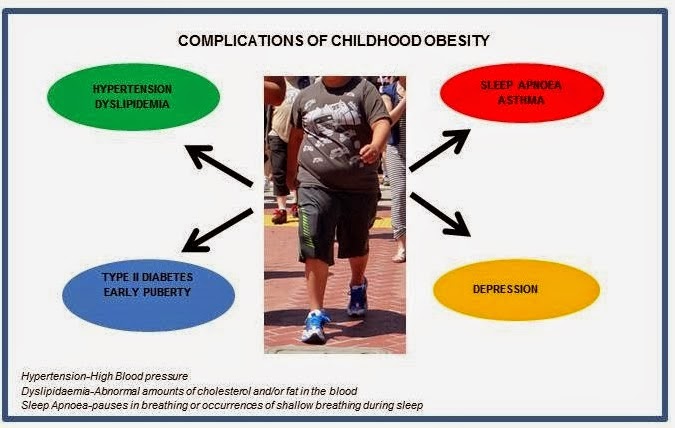 Once a child learns that their parents aren't interested in them, they'll learn not to trust anybody with their emotional needs. So as an adult, you may have trouble sharing your feelings with your partner. "More often than not, they themselves are not really aware of their own emotions, so they tend to suppress them outside of their own consciousness," Katz says. Dealing with emotions and feelings will make you feel uncomfortable and maybe even overwhelmed, so you try to avoid it altogether.
Once a child learns that their parents aren't interested in them, they'll learn not to trust anybody with their emotional needs. So as an adult, you may have trouble sharing your feelings with your partner. "More often than not, they themselves are not really aware of their own emotions, so they tend to suppress them outside of their own consciousness," Katz says. Dealing with emotions and feelings will make you feel uncomfortable and maybe even overwhelmed, so you try to avoid it altogether.
6
You Never Feel Like You're Good Enough
Ashley Batz/Bustle
Being rejected as a child often leads to low self-esteem and self-doubt. "It can result in lower levels of confidence, making it difficult to remain secure in relationships," Jenny Cartmell, LCAT-LP, an art therapist who specializes in trauma, tells Bustle. If you experienced rejection from your parents or your peers during childhood, you may worry that your partner will leave you. You'll also have feelings of whether or not you're "good enough" for them.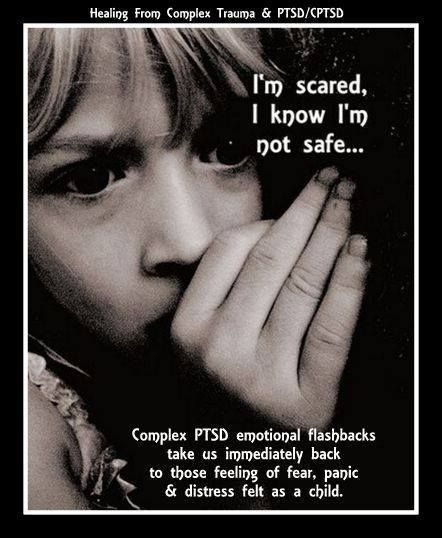
7
You Have A Hard Time Giving And Showing Love
Ashley Batz/Bustle
If a child experiences parental rejection, it could have a lasting negative effect on adult relationships, Cartmell says. For instance, some parents intentionally push their child away if they never wanted the responsibilities of being a parent. For others, it may be unintentional and a result of how they were raised. "They’re not capable of giving love and nurture in a way that is supportive for their child," she says. Either way, a child who experienced a lack of love and affection might have trouble knowing how to give it as an adult.
The good thing is, you can overcome any type of insecurity that stems from childhood. "Self reflection, either in therapy or independently, on when this insecurity shows up and how it impacts you in your relationships is vital," Bishop says. If you're in a relationship, being open with your partner and letting them know that you need some extra reassurance from time to time is important.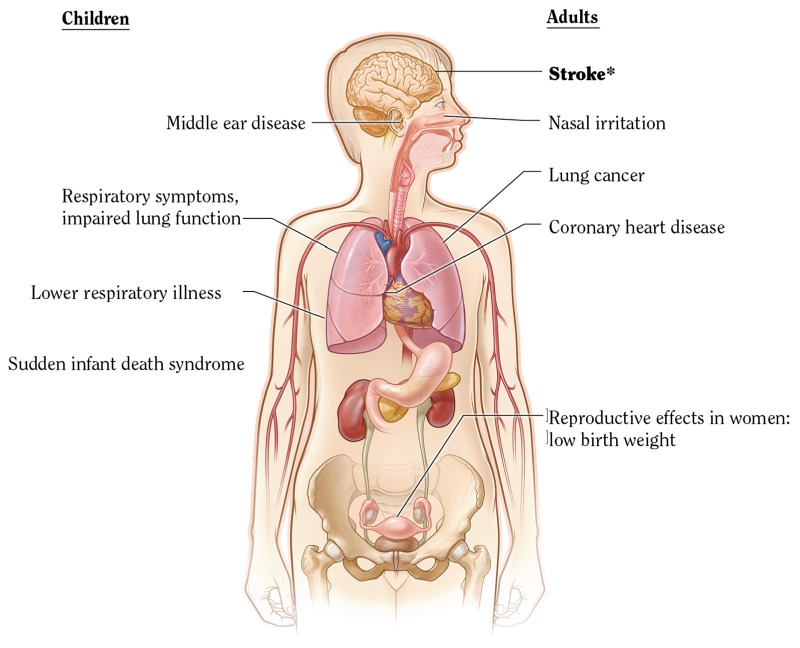
It may take some time, but you can heal any emotional wounds you have from your past so you can move forward in a happier and healthier way.
Is it possible to achieve success in life if you were not loved in childhood
Mothers are different, some manage to instill fear and a sense of their own worthlessness and inferiority in their children for life. But it is in the power of every “unloved” already adult person to change his attitude towards himself. Peg Streep tells how to do this in the book “Unloved Daughter. How to leave a traumatic relationship with your mother in the past and start a new life”
Why does a voice sound in the head of some women that encourages them to move forward, while for others this voice insists on inferiority and urges them to give up all attempts to achieve something? Perhaps because their mother did not love them in childhood, says Peg Streep, publicist, author of the book “Unloved Daughter. How to leave a traumatic relationship with your mother behind and start a new life. The translation of the Alpina Non-Fiction publishing house will be available on the shelves at the end of June. In the meantime, we publish a small excerpt. nine0008
How to leave a traumatic relationship with your mother behind and start a new life. The translation of the Alpina Non-Fiction publishing house will be available on the shelves at the end of June. In the meantime, we publish a small excerpt. nine0008
The last two decades have brought amazing discoveries about the functioning and development of the brain, which, as scientists now know, reaches full maturity well after childhood ends, between 25 and 30 years of age. (It was long believed that brain maturation was completed at the same time that skeletal and skull growth ended in late adolescence.) The human brain develops from the bottom up: the newborn has fully formed primitive areas of the brain responsible for automatic functions, such as breathing. The higher brain - the areas that control emotions, speech and abstract thinking - matures in the first three years of life. The brain of a three-year-old baby reaches 90% adult brain size. During these years, an avalanche-like formation of synapses occurs, forming many more connections than required, and at the end of the childhood period, getting rid of the excess.
During these years, an avalanche-like formation of synapses occurs, forming many more connections than required, and at the end of the childhood period, getting rid of the excess.
There is amazing evidence that the child's brain literally adapts to the conditions of the environment in which it finds itself. This discovery, made by a group of scientists led by Martin Teicher, is of tremendous importance. It means that our genes create the foundation and structure of the brain, and all its connections - both neural and ensuring the independent and joint functioning of its individual parts - are shaped by experience. At the same time, the brain reacts with equal readiness to an unfavorable and favorable environment, and, as psychologist Alan Shor writes, positive and negative experiences equally determine the structure of the brain, contributing to optimal development or hindering it. nine0005
I repeat, this should not be understood metaphorically, but literally.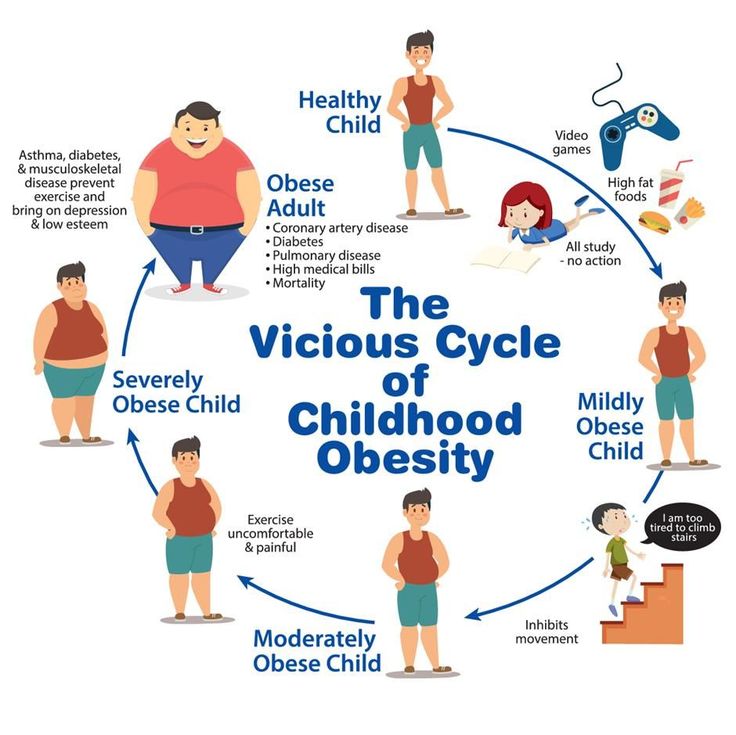 We have to “thank” evolution for this adaptability, since in stressful situations the brain switches to survival mode, reorienting itself to combat stress...
We have to “thank” evolution for this adaptability, since in stressful situations the brain switches to survival mode, reorienting itself to combat stress...
Now let's get acquainted with the consequences of negative behavior, especially verbal violence. Insults have a particularly powerful, long-term, and persistent effect on the brain.
Research has identified areas of the brain most affected by it: the corpus callosum (responsible for the transmission of motor, sensory and cognitive information between the hemispheres), the hippocampus (the part of the limbic system that regulates emotions) and the frontal lobe (controlling thinking and decision making). Psychiatrist Akemi Tomoda and other scientists have shown a link between verbal abuse and changes in the gray matter of the brain. This means that the experience of interaction early in a child's life creates a regulatory system—the brain—that may or may not be able to work with emotions, manage stress optimally, and create close emotional bonds.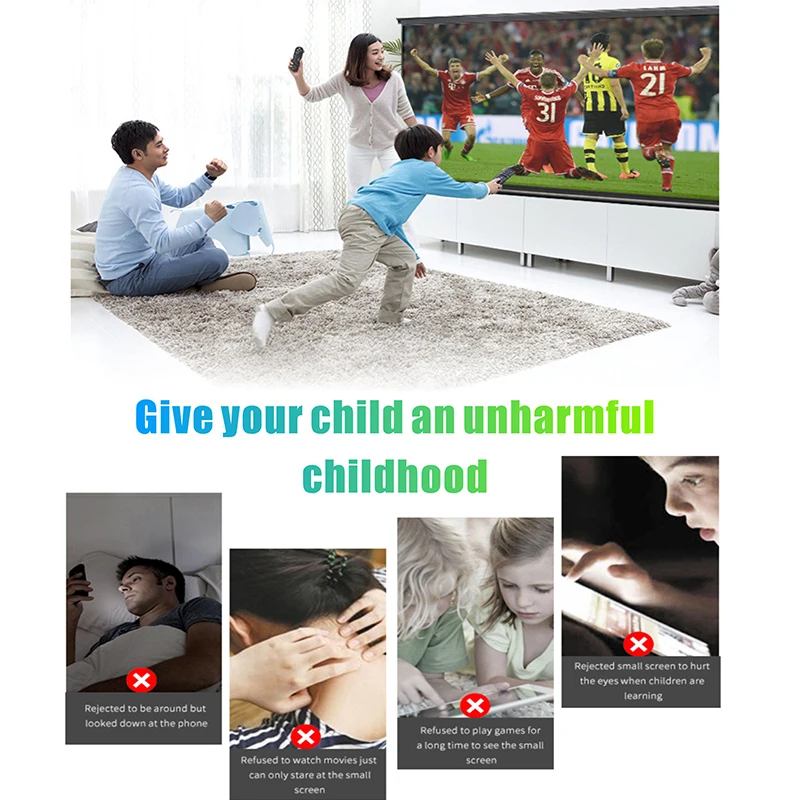 Insecurely attached daughters tend to have difficulty controlling their emotions, exhibit maladaptive behavior, tend to be anxious and depressed, and have poor mental and physical health. But if you've been abused, don't despair. Fortunately, the brain retains plasticity — the ability to form new neural connections — throughout life. We will discuss the consequences of verbal violence in more detail in the next chapter. However, the bottom line is this: While maltreatment and verbal abuse affect the brain, these effects can be reversed...
Insecurely attached daughters tend to have difficulty controlling their emotions, exhibit maladaptive behavior, tend to be anxious and depressed, and have poor mental and physical health. But if you've been abused, don't despair. Fortunately, the brain retains plasticity — the ability to form new neural connections — throughout life. We will discuss the consequences of verbal violence in more detail in the next chapter. However, the bottom line is this: While maltreatment and verbal abuse affect the brain, these effects can be reversed...
Among the many theories of personality, one explains better than others how the relationship with the mother affects the daughter. According to this theory, put forward by Andrew Elliott and Todd Thrash, people are characterized by a desire either to a greater extent to get closer or to avoid. These two tendencies are innate in humans and all other biological species. We seek what can be profitable for us and make us happy, and we avoid what threatens to harm or hurt us. This feature makes us related to earthworms, elephants and amoebas. However, Elliot and Thrash's theory goes much further than innate predisposition and describes differences between people based on which of two stimuli is predominant for them. nine0005
This feature makes us related to earthworms, elephants and amoebas. However, Elliot and Thrash's theory goes much further than innate predisposition and describes differences between people based on which of two stimuli is predominant for them. nine0005
The difference is due to childhood experience. What motivates one girl to set ambitious goals for herself, to be ready for possible failures and cope with them, and why does another girl see trials as nothing but the risk of failure and humiliation? Why does a voice sound in the head of some women, encouraging them to move forward (rapprochement), while in others this voice insists that she is inferior, not good enough, so there is nothing to try, she will only be humiliated and ridiculed (avoidance)?
It's all about attachment style. A securely attached girl is motivated to achieve her goals, while an insecurely attached girl focuses primarily on avoiding negative consequences.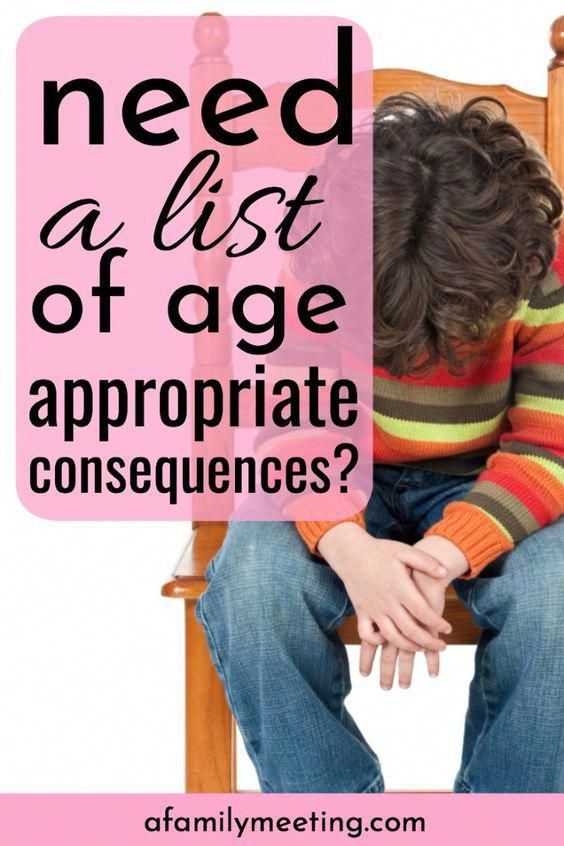 Remember that we all at times—depending on the situation—shift our focus either toward approach or avoidance; the difference between us is predetermined by the hidden general tendency and type of reactions that influence every decision, the thought process in every area of life, including work and personal relationships. nine0005
Remember that we all at times—depending on the situation—shift our focus either toward approach or avoidance; the difference between us is predetermined by the hidden general tendency and type of reactions that influence every decision, the thought process in every area of life, including work and personal relationships. nine0005
The behavior of unloved daughters, whose primary motivation is avoidance, is driven by fear of failure—or rather, the shame associated with failure. Often this causes them to shy away from challenges because they seem too difficult, and from change because they are impossible, and leave everything as it is, whether it brings happiness or not. Elliot and Thrash's study of college students found that subjects' fear of failure was closely related to childhood mothers denying them love when they broke the rules or acted in ways that aroused maternal displeasure. (Importantly, this study relied on students' own reports of their relationship with their mothers, as well as ratings on the attachment scale. )
)
Withdrawal of love from a parent when a child makes a mistake, breaks a rule, or disappoints, can take many forms: a cold stare, an unwillingness to talk or look at the child, an expression of dislike, physical distance, isolation in another room - symbolic exile or, what even worse, the threat of being sent away from the parental home. These scenarios are familiar to many unloved daughters. Interestingly, the study found no such cases of rejection by fathers. In the following, we will consider the forms of maternal behavior that most often lead to the fact that the behavior of daughters is guided by the motive of avoidance, and the consequences of this. nine0005
The experiment done by Heather Lench and Linda Levine is particularly revealing in this sense. The scientists asked the participants to define themselves as approach or avoidance oriented and gave them three sets of seven anagrams to solve in a given time.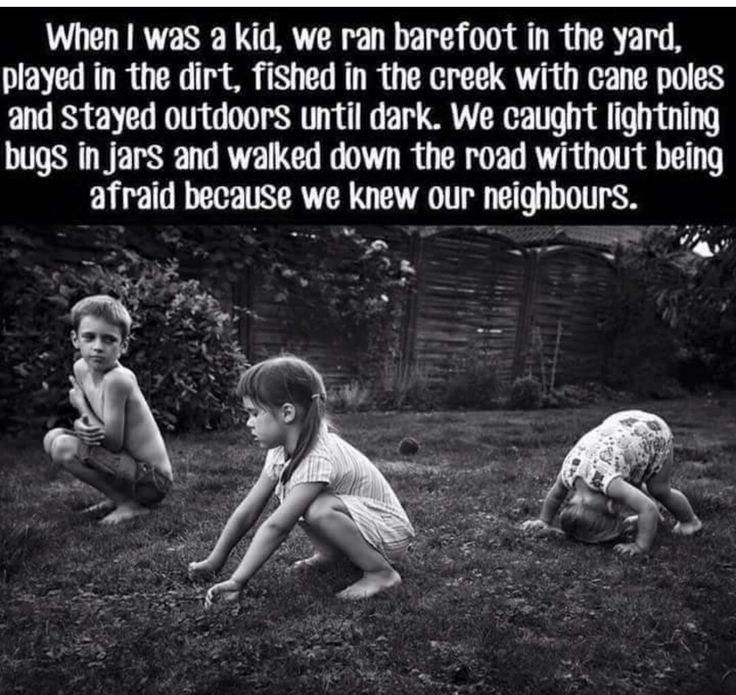 The participants in the experiment did not know that the tasks of the first group were not solvable. Approach-focused people were able to leave the first set of tasks and move on, while avoidance-focused people continued to thrash around and fail the entire test. nine0005
The participants in the experiment did not know that the tasks of the first group were not solvable. Approach-focused people were able to leave the first set of tasks and move on, while avoidance-focused people continued to thrash around and fail the entire test. nine0005
In the second study, Lench and Levin did not ask subjects to describe themselves, but divided them into two groups. Participants in one group were told that the test assessed their verbal intelligence and that they should try to succeed, while the other group was told that the test assessed their weakness in speech and that they should avoid failure at all costs. Once again, people given the task of avoiding failure stuck with the first seven anagrams, gave way to frustration and anger, and failed the test. Unloved daughters with a tendency to avoid often feel stumped in everyday situations. Obsessed with not losing face, they doom themselves to failure. Not only do they miss good opportunities, but they cling to situations that make them unhappy long after the worst is over. This applies to all their relationships, including with their mothers and sometimes with other family members. If this is your portrait, I hasten to please you - there is a solution. Let's say thank you to the plasticity of our brains: contrary to the saying, any dog, old or young, can be taught new tricks. Most importantly, the future should not be dominated by the past at all. Just because your mother didn't love you doesn't mean that no one will ever love you or that you can't learn to love yourself. nine0005
Not only do they miss good opportunities, but they cling to situations that make them unhappy long after the worst is over. This applies to all their relationships, including with their mothers and sometimes with other family members. If this is your portrait, I hasten to please you - there is a solution. Let's say thank you to the plasticity of our brains: contrary to the saying, any dog, old or young, can be taught new tricks. Most importantly, the future should not be dominated by the past at all. Just because your mother didn't love you doesn't mean that no one will ever love you or that you can't learn to love yourself. nine0005
- “Children have always been marginalized family members.” Marina Melia about the problems of education
- Sunday mother. Women leaders about their mistakes in raising children
- Silver spoon. What mistakes do modern parents make? Giovanni Bragolin, The Crying Boy (1950s), detail; Image from wikipedia.
 org
org I have no friends
“Mom, I don't want to go to school. No one is friends with me there. They don't seem to notice me at all." nine0005
Mom just sighed in response. She didn't know how to help.
Communication at school did not work for my son from the very beginning. For some reason, I could not join the company of classmates. Even just chatting about nothing for some reason did not work. Already in the fifth grade, he suffered so much. Here are the guys at recess bludgeoning each other quite friendly, running into some kind of football, where instead of a ball there is an eraser, and only he presses against the wall. And no one invited him to visit, and when he once plucked up courage and invited several people to his birthday, no one came. Birthday, of course, was fucked up completely. nine0005
At first, my mother advised me to be active yourself. Vanya showed: he brought sweets to school, gave others his phone with games, tried to joke and entertain others, diligently laughed at the “jokes”, started, but the sweets were eaten, the discharged phone was carelessly thrown to the owner, and nobody needed Vanya himself.
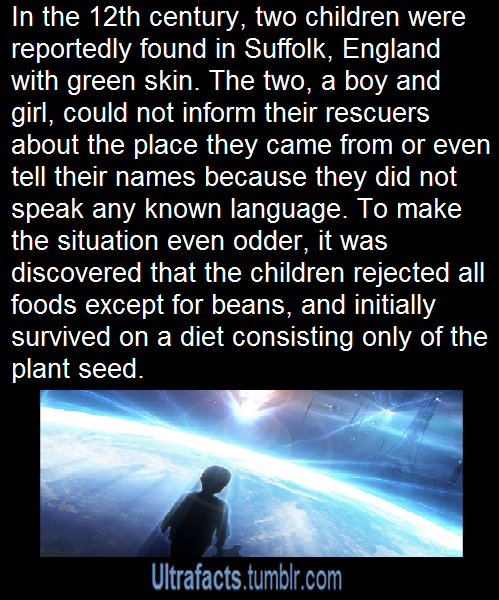 His jokes were not laughed at, they were not included in the general conversation. Sometimes he thought he was invisible.
His jokes were not laughed at, they were not included in the general conversation. Sometimes he thought he was invisible. Vanya could not understand why he was worse than the others. Every evening, going to bed, he imagined tomorrow's dull day, the sad changes in which he would stand against the wall. The world seemed to Vanya cold, alien and indifferent. This thought made me want to curl up in a ball, crawl into a hole and never get out. And only dream that someday someone will come, pull it out and start playing with it. Anyone! nine0005
Comments Anton Sorin, child and adolescent psychologist, general director of the Kvartet psychological center:
The problem with the consequences– Rejection by the children's team is a serious wound for a child, it can lead to the most sad consequences in his life . And above all, the seriousness of the problem should be understood by parents, and not dismissed in the hope that it will pass with age or somehow work out.
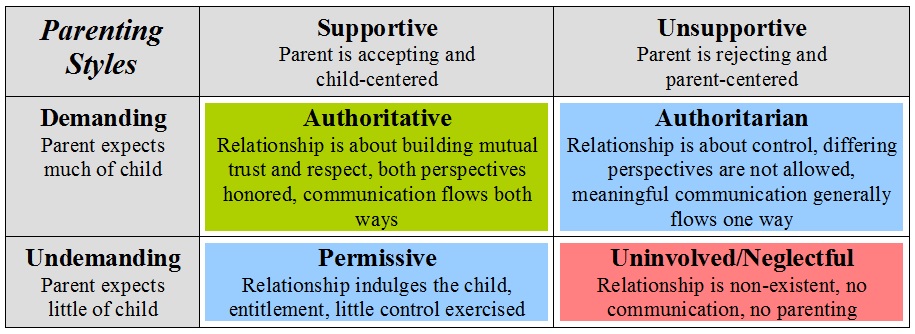 If parents see that in a new team for a long time the child has no friends or just friends, there are no friendly contacts, and at the same time he himself suffers from loneliness, he himself complains about it - it is necessary to react. nine0005 Child and adolescent psychologist Anton Sorin. Photo: vk.com
If parents see that in a new team for a long time the child has no friends or just friends, there are no friendly contacts, and at the same time he himself suffers from loneliness, he himself complains about it - it is necessary to react. nine0005 Child and adolescent psychologist Anton Sorin. Photo: vk.com Beware of perceiving the child's suffering as a whim and beware of your answers in the spirit of “your own fault”. This will not help the cause, but will only strengthen the child in the idea that even parents see “something not right” in him. Now it is your parental unconditional love and support that is needed and objectively super important. The child should feel that, at least at home, he is accepted, understood and on his side.
Talk to himIt is necessary to find out what could be the problem with the child himself. After all, if it is not accepted over and over again in different companies, then most likely it is in him. Or rather, in what is laid down in it by parental upbringing.
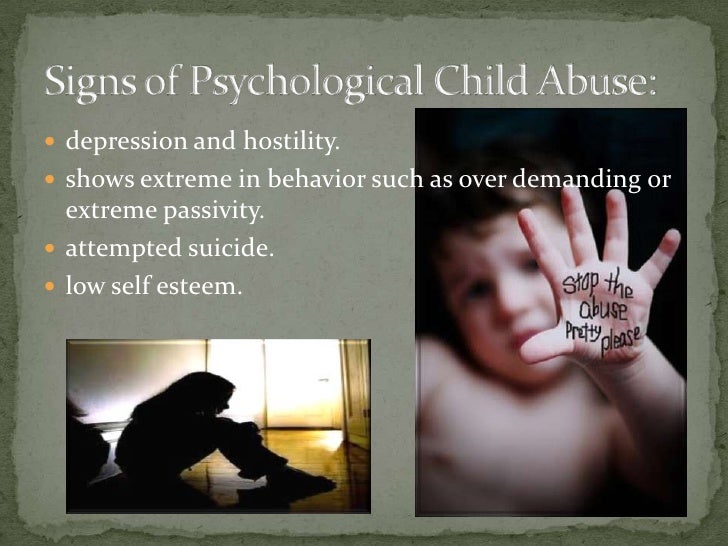 And by the way, it is this factor that can turn out to be a pitfall in parental assistance to your child. Indeed, in the analysis of the problems of the child, it is our parental mistakes, complexes, stereotypes that can come to light. Therefore, if we want to help, we have to be courageous, otherwise nothing will work. nine0005
And by the way, it is this factor that can turn out to be a pitfall in parental assistance to your child. Indeed, in the analysis of the problems of the child, it is our parental mistakes, complexes, stereotypes that can come to light. Therefore, if we want to help, we have to be courageous, otherwise nothing will work. nine0005 Well, first you need to understand that any children's team is formed according to certain general, often formal, criteria. In order to become a part of it, you need to meet the requirements that this team makes. For example, to become a part of the company of today's 7-8th graders, you need to be quite "experienced" in the field of computer games. Very often, children do not accept a child for the reason that “it is not interesting with him”, he does not do what everyone else does, there is nothing to talk about with him. nine0005
Parents should gently but confidently convey to the child that his loneliness depends not only on other children, but also on himself.
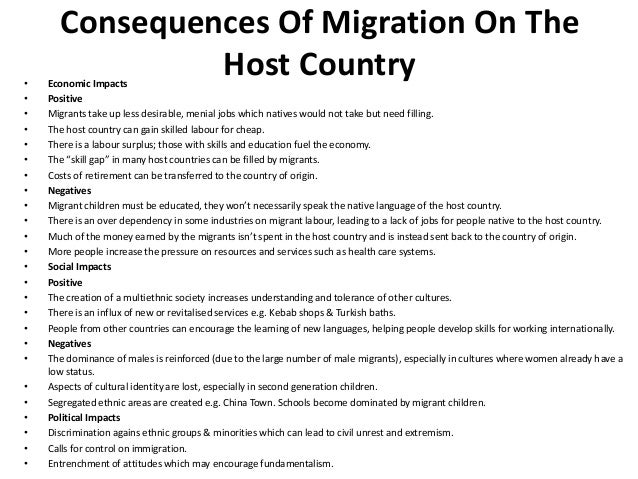 After all, there are a huge number of children who are accepted. And if he wants to change the situation, then first of all you need to look at yourself, think and understand what it is about him that does not attract others. In no case should you blame the child, speak with intonations of pretension, do not use Mishka or Sasha as an example, who have a lot of friends and everyone adore them. But you can invite the child to take a closer look at yourself. Perhaps he looks down on everyone? Or vice versa, too accommodating? Or can't talk about any of the general topics? nine0005
After all, there are a huge number of children who are accepted. And if he wants to change the situation, then first of all you need to look at yourself, think and understand what it is about him that does not attract others. In no case should you blame the child, speak with intonations of pretension, do not use Mishka or Sasha as an example, who have a lot of friends and everyone adore them. But you can invite the child to take a closer look at yourself. Perhaps he looks down on everyone? Or vice versa, too accommodating? Or can't talk about any of the general topics? nine0005 This is a very complex action that requires parental attention - to understand what the child thinks about the children around him, how he perceives them. If he looks down on them, if in the depths of his soul he considers them fools, then he can not count on a good attitude on their part.
If, on the contrary, he considers them better than himself, perceives them as dominants, tries to adapt to them from below, gives them his sweets, things, behaves like a clown, bends, fawns, then the chances are that they will perceive him as an equal, also no.
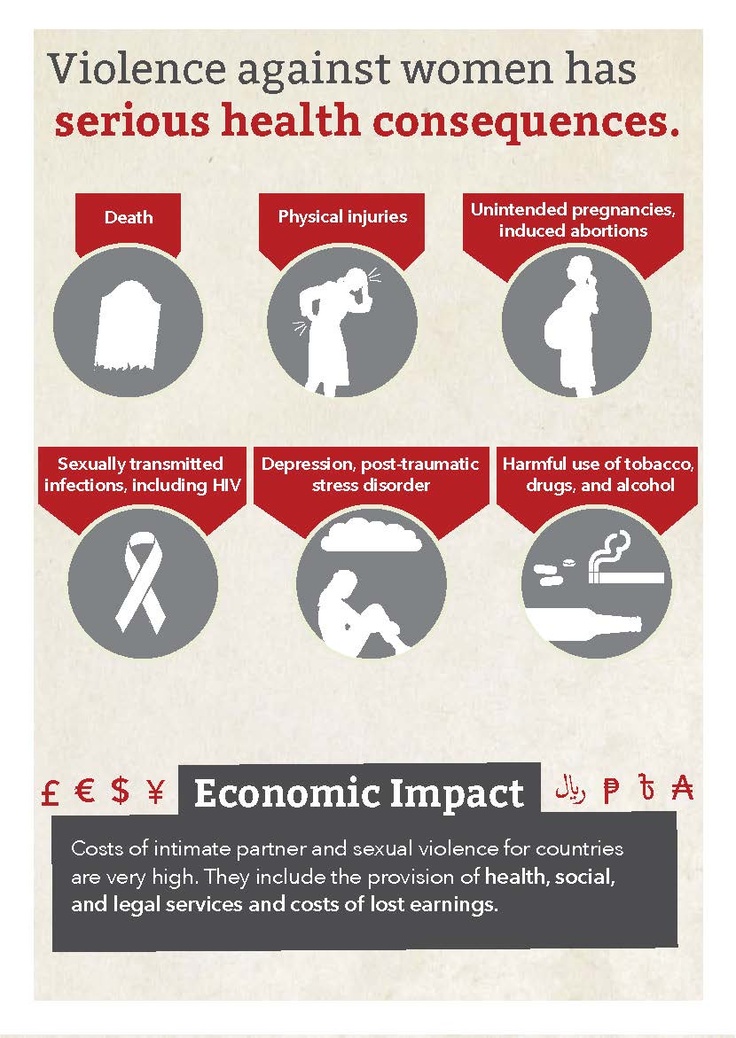 Weaklings in children's groups do not like, and this should also be explained to the child. You can't buy a child's location. If you don't respect yourself, no one will respect you. But why the child does not respect himself is a question for parents. Do they respect him? nine0005
Weaklings in children's groups do not like, and this should also be explained to the child. You can't buy a child's location. If you don't respect yourself, no one will respect you. But why the child does not respect himself is a question for parents. Do they respect him? nine0005 Together with the child, it is necessary to determine whether he needs this particular team or whether he is just so lonely that he is ready to join any company. Each circle has its own list of interesting topics that a child could share to become his own.
This does not mean that the child should by force choose those topics that he does not like at all, if only he would be accepted. But among those interests that the team has, there may well be those close to the child. And if there are none, then is it worth worrying about not getting into such a team? All the same, communication really won’t work there, it’s impossible to pretend for a long time. Maybe you should look for like-minded people elsewhere? After all, the company is needed not only in order to “join the pack”, although, of course, a child exhausted by loneliness is ready for anything, if only they were taken into the “pack”, recognized as one of their own.
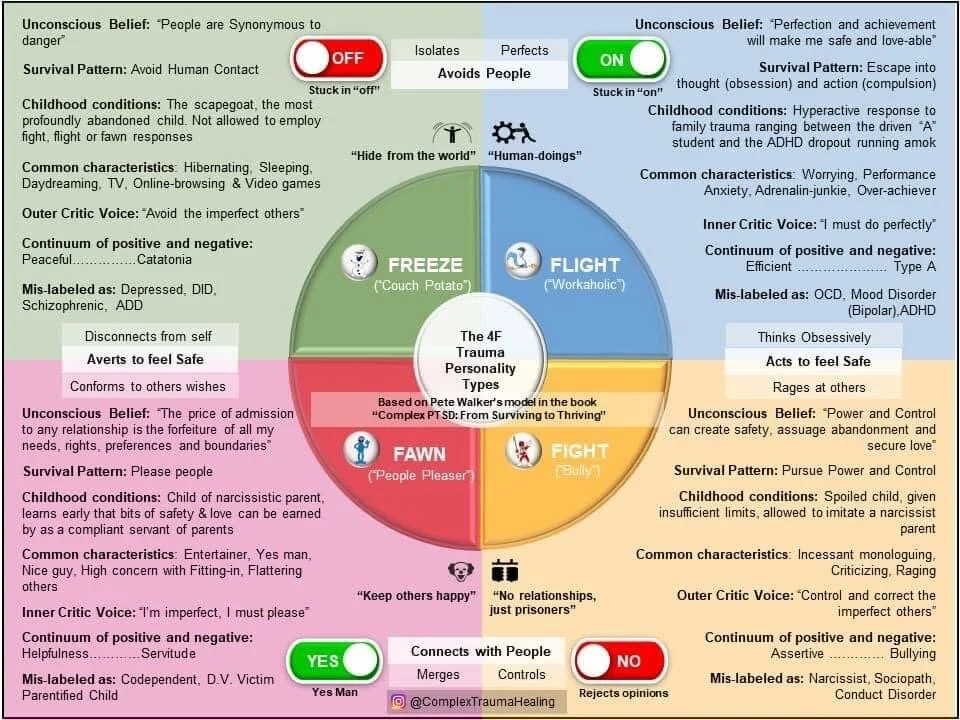 nine0005
nine0005
Look for alternative groups for communicationIf it turns out that the child, in general, is not very interested in the company at school, but he is so sad alone that he is ready to break himself, just to be accepted, then it's time to diversify his circle communication. Let him go not only to school, but also to hobby groups, to different studios, let him communicate with different children (of course, it is worth watching so that he does not get, for example, into a yard company), let him look for where he is interested. Maybe he will not just become his own somewhere, but even begin to form a company around himself. The main thing is to catch the child before he loses confidence in himself and begins to withdraw from the world. nine0005
It is not uncommon and not surprising if at first children do not fit into any society; they eventually find a company in a different environment. For example, children with above-average intelligence in a regular district school may suffer from social exclusion, and when they get to a good advanced school, where they are surrounded by equally smart children, they quickly find friends.
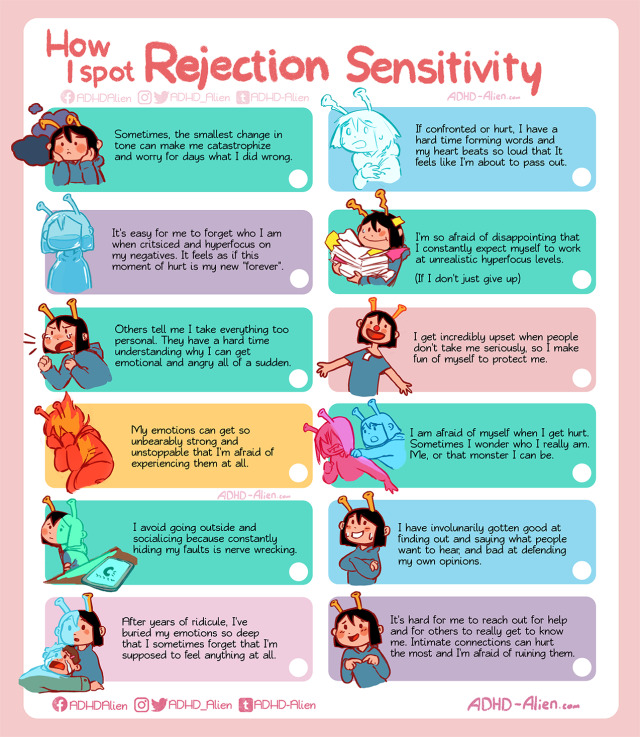
But parents should remember that their child is at risk and may not be accepted by other children if he is very different from them in some way. It can be any individual features of thinking, behavior, appearance, speech. Such children are not included in children's communities; moreover, they are bullied. This cruelty has its own explanation: children are rather disturbing creatures, it is easier and easier for them in the company of their own kind. And peers who are different from the majority are excellent objects in order to ridicule them and boycott such anxiety, to feel more confident and comfortable next to them. nine0005
It happens that a child has serious differences from other children that he himself cannot change, for example, stuttering, nervous tics, low income, physical injury. In such cases, parents should make as much effort as possible to eliminate or minimize this disadvantage if possible. But in any case, whether this is possible or not, the child needs to be explained that all people are different, everyone has different characteristics, and everyone can find a certain social circle for themselves.
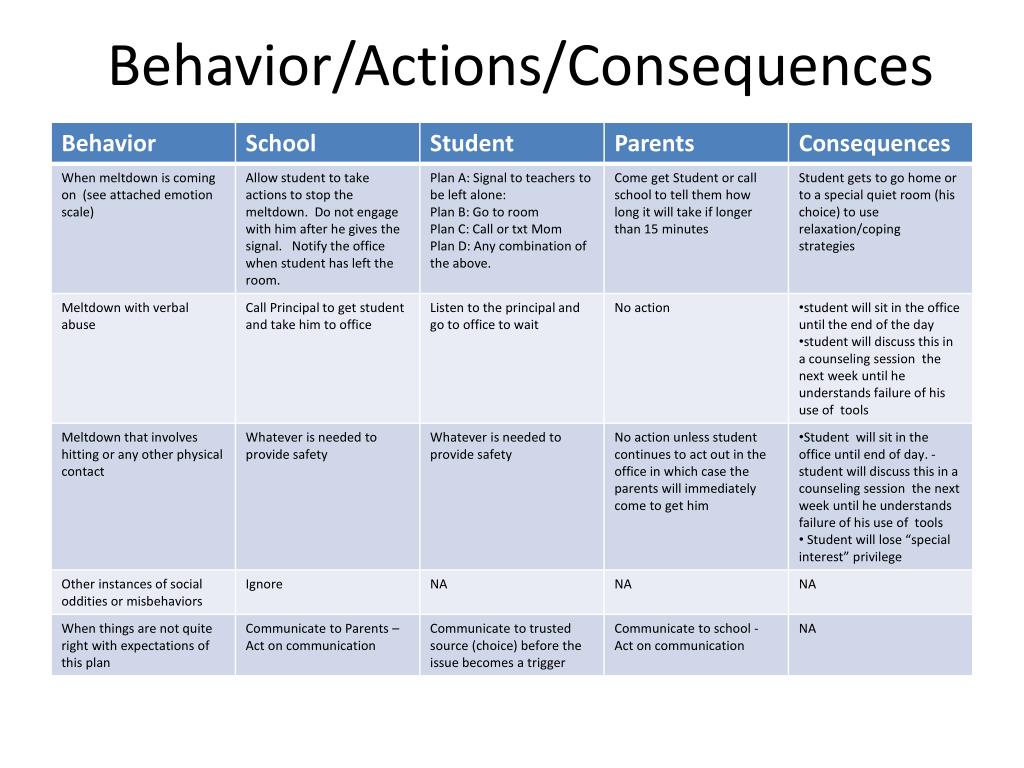
It is fundamentally important that the child does not treat his own peculiarity as something negative and limiting. Then others won't see it that way. They do not play only with those children with special needs who emphasize, highlight, embarrass them or do not accept these special features.
What threatens children's loneliness?The biggest danger of loneliness is that the child's self-esteem begins to decline sharply. Social isolation (reinforced by parental inattention) gives the child the feeling that he is not like everyone else, he is the worst of all, no one will ever be interested in him and he will always be alone. The child reacts to such stress in accordance with the characteristics of his nervous system. Someone will become depressed, someone will look for another company that will accept and be supportive, and here there is a risk of running into a bad company. nine0005
This is often used by drug dealers, cultists and pedophiles.
 Pedophiles generally love lonely children terribly. The opportunity to be with someone, the desire to be chosen, needed by someone for a child is so important that he is sometimes ready to go anywhere, with anyone who only calls him. It is so important for him to be included in the relationship that it becomes almost unimportant what kind of relationship it is.
Pedophiles generally love lonely children terribly. The opportunity to be with someone, the desire to be chosen, needed by someone for a child is so important that he is sometimes ready to go anywhere, with anyone who only calls him. It is so important for him to be included in the relationship that it becomes almost unimportant what kind of relationship it is. There are also a huge number of children for whom school loneliness remains a trauma forever and in adult life comes back to haunt very low self-esteem and even a complete rejection of social interaction. nine0005
A growing child who has not solved the problem of loneliness becomes increasingly withdrawn into himself, immersed in computer games or the Internet, or other forms of addiction, including chemical ones. In the future, he is threatened with building unhealthy, subordinate relationships. Growing up lonely children tend to hide from the team, they cannot work in a team, they cannot identify their positions and interests.
